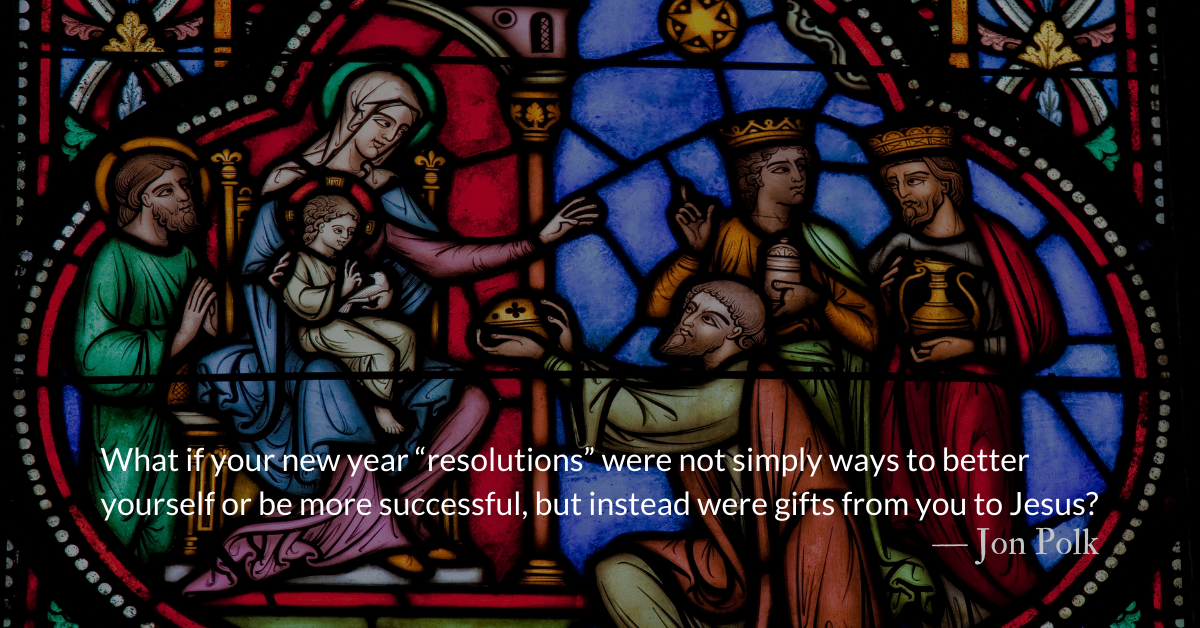Scripture Focus: Psalm 12
1 Help, Lord, for no one is faithful anymore;
those who are loyal have vanished from the human race.
2 Everyone lies to their neighbor;
they flatter with their lips
but harbor deception in their hearts.
3 May the Lord silence all flattering lips
and every boastful tongue—
4 those who say,
“By our tongues we will prevail;
our own lips will defend us—who is lord over us?”
5 “Because the poor are plundered and the needy groan,
I will now arise,” says the Lord.
“I will protect them from those who malign them.”
6 And the words of the Lord are flawless,
like silver purified in a crucible,
like gold refined seven times.
7 You, Lord, will keep the needy safe
and will protect us forever from the wicked,
8 who freely strut about
when what is vile is honored by the human race.
Reflection: Prayer When None Are Faithful — Guided Prayer
By John Tillman
In Psalm 12 we see a cry and a response. The psalmist cries out about lies, deception, and boastful leaders. God responds, saying, “I will now arise…” God’s response also gives us a clue about who the lies targeted and who suffered under the deceptive and false leaders: the poor.
God says the “poor are plundered” and the “needy groan.” He says they have been “maligned” but that he will keep them safe and protect them from the wicked.
When we look around at our society, we can easily relate to the psalmist’s cries from Psalm 12. The costs of lies are all around us. Violence. Confusion. Desperation. Loss of life. They fill our news programs, newsfeeds, and memories. Over this weekend, reflect on Psalm 12 and pray this prayer based on its themes.
Prayer When None Are Faithful
Help, Lord, for no one is faithful!
Kings promise help but only help themselves.
Leaders demand loyalty, while planning betrayals
Braggarts call themselves “saviors” to boost their influence.
Boasting and flattering people rise up
They weaponize their words and destroy
They threaten and pretend to be joking
They cause death and deny responsibility
We are dismayed, Lord…
We are sheep among wicked shepherds…
Will only braggarts lead?
Will only the boastful hold sway?
Will deception take root and blossom?
Will disdain and derision take bows to applause?
Will people believe anything so long as it insults their enemy?
Will people deny any authority other than their own desires and their own words?
Is there any loyalty left to the truth?
Is there anyone faithful?
Rise up, Lord, and protect the poor from the powerful
Sweep down, Lord, and shield those being crushed, defending truth
Speak up, Lord, and drown out boastful lies designed to deceive the elect
Step down, Lord, and make those that strut pridefully stumble into their own traps.
Come, Lord Jesus, the Way. Lead us away from wicked shepherds.
Come, Lord Jesus, the Truth. Cut down idolatrous liars with the sword of your mouth.
Come, Lord Jesus, the Life. Fill us with living water that heals us from the inside out.
Come quickly, Lord Jesus.
Divine Hours Prayer: The Refrain for the Morning Lessons
I sought the Lord, and he answered me and delivered me out of all my terror. — Psalm 34.4
– From The Divine Hours: Prayers for Autumn and Wintertime by Phyllis Tickle.
Today’s Readings
Job 7 (Listen – 2:23)
Psalm 11-12 (Listen – 1:59)
This Weekend’s Readings
Job 8 (Listen – 2:09), Psalm 13-14 (Listen – 1:43)
Job 9 (Listen – 3:22), Psalm 15-16 (Listen – 2:03)
Join us! Walk through the Bible with us…
Join us. Hear from God through God’s Word this year…
https://mailchi.mp/theparkforum/m-f-daily-email-devotional
Read more about The Floodlight of Epiphany
May lies and liars be exposed.
May truth shine, expelling every dark, deceitful shadow.
May the darkness of violence have no shelter in our hearts.











